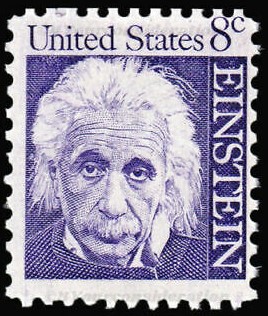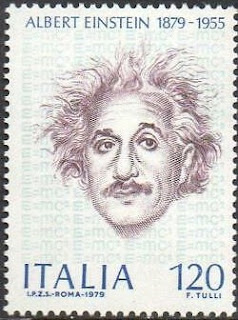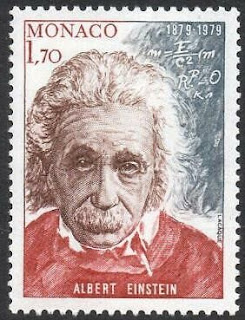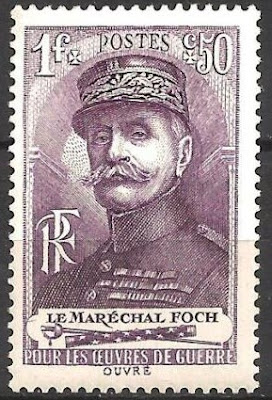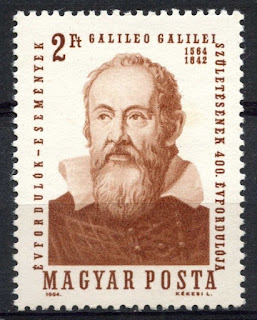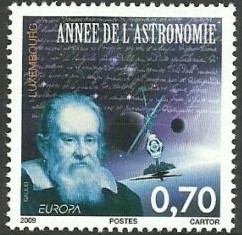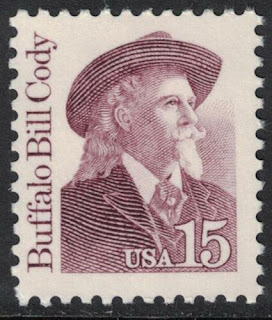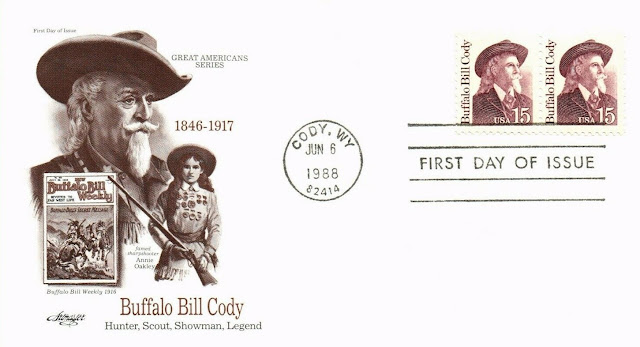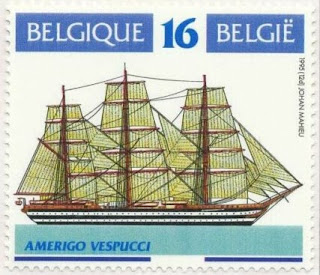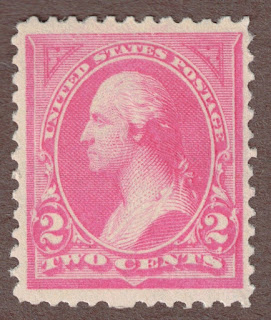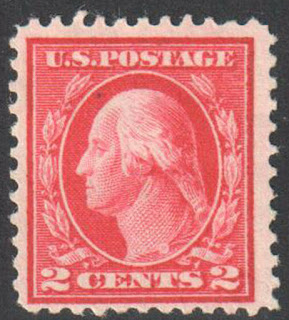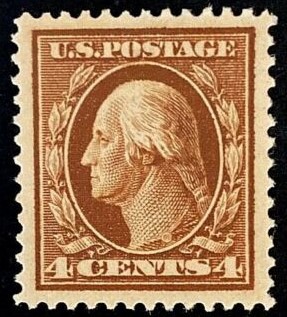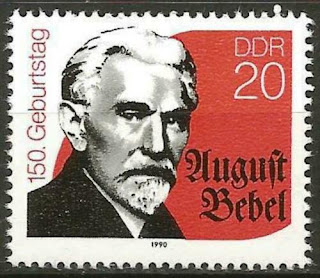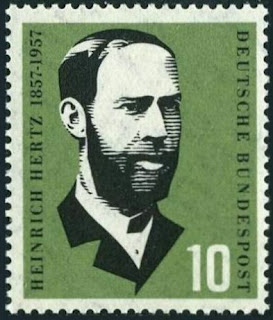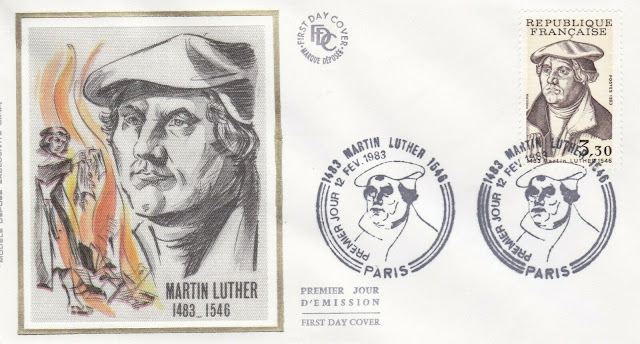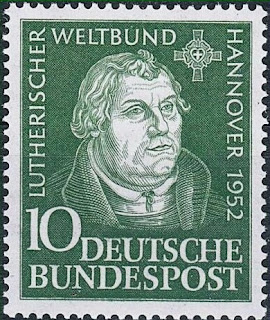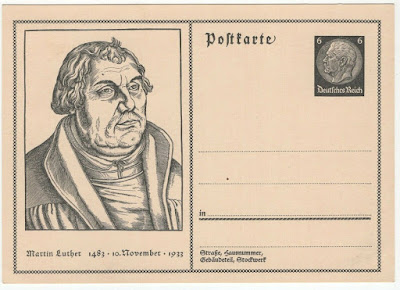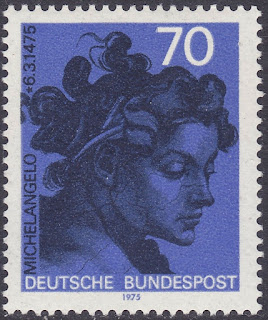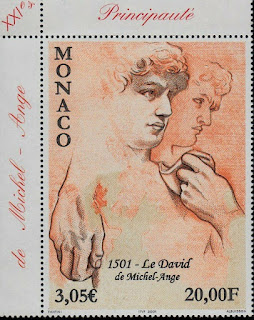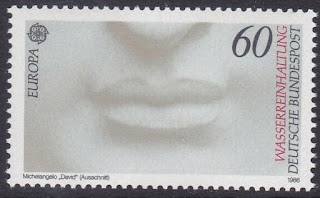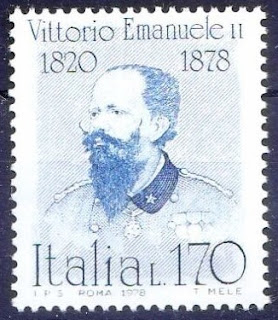Here are some events that happened on March 20th. It could be an event or a person that died or was born on that day
1890 – Prime Minister of the German Empire Otto von Bismarck is dismissed by Emperor Wilhelm II.
Otto Eduard Leopold, Prince of Bismarck, Duke of Lauenburg (Born von Bismarck-Schönhausen; German: Otto Eduard Leopold Fürst von Bismarck, Herzog zu Lauenburg; 1 April 1815 – 30 July 1898), known as Otto von Bismarck, was a conservative Prussian statesman who dominated German and European affairs from the 1860s until 1890 and was the first Chancellor of the German Empire between 1871 and 1890. In 1862, King Wilhelm I appointed him as Minister President of Prussia, a position he would hold until 1890, with the exception of a short break in 1873.
He provoked three short, decisive wars against Denmark, Austria, and France. Following the victory against Austria, he abolished the supranational German Confederation and instead formed the North German Confederation as the first German national state in 1867, leading it as Federal Chancellor. This aligned the smaller North German states behind Prussia. Later receiving the support of the independent South German states in the Confederation's defeat of France, he formed the German Empire in 1871, unifying Germany with himself as Imperial Chancellor, while retaining control of Prussia at the same time. The new German nation excluded Austria, which had been Prussia's main opponent for predominance among the German states.
German First Day Cover issued for the 150 birthday anniversary of Otto von Bismarck
1915 – Albert Einstein publishes his general theory of relativity.
Albert Einstein (14 March 1879 – 18 April 1955) was a German-born theoretical physicist who developed the theory of relativity, one of the two pillars of modern physics (alongside quantum mechanics). His work is also known for its influence on the philosophy of science. He is best known to the general public for his mass–energy equivalence formula E = mc2, which has been dubbed "the world's most famous equation". He received the 1921 Nobel Prize in Physics "for his services to theoretical physics, and especially for his discovery of the law of the photoelectric effect", a pivotal step in the development of quantum theory.
The son of a salesman who later operated an electrochemical factory, Einstein was born in the German Empire but moved to Switzerland in 1895 and renounced his German citizenship in 1896. Specializing in physics and mathematics, he received his academic teaching diploma from the Swiss Federal Polytechnic School (German: eidgenössische polytechnische Schule) in Zürich in 1900. The following year, he acquired Swiss citizenship, which he kept for his entire life. After initially struggling to find work, from 1902 to 1909 he was employed as a patent examiner at the Swiss Patent Office in Bern.
Near the beginning of his career, Einstein thought that Newtonian mechanics was no longer enough to reconcile the laws of classical mechanics with the laws of the electromagnetic field. This led him to develop his special theory of relativity during his time at the Swiss Patent Office. In 1905, called his annus mirabilis (miracle year), he published four groundbreaking papers, which attracted the attention of the academic world; the first outlined the theory of the photoelectric effect, the second paper explained Brownian motion, the third paper introduced special relativity, and the fourth mass-energy equivalence. That year, at the age of 26, he was awarded a PhD by the University of Zurich.
Although initially treated with skepticism from many in the scientific community, Einstein's works gradually came to be recognised as significant advancements. He was invited to teach theoretical physics at the University of Bern in 1908 and the following year moved to the University of Zurich, then in 1911 to Charles University in Prague before returning to ETH (the newly renamed Federal Polytechnic School) in Zürich in 1912. In 1914, he was elected to the Prussian Academy of Sciences in Berlin, where he remained for 19 years. Soon after publishing his work on special relativity, Einstein began working to extend the theory to gravitational fields; he then published a paper on general relativity in 1916, introducing his theory of gravitation. He continued to deal with problems of statistical mechanics and quantum theory, which led to his explanations of particle theory and the motion of molecules. He also investigated the thermal properties of light and the quantum theory of radiation, the basis of the laser, which laid the foundation of the photon theory of light. In 1917, he applied the general theory of relativity to model the structure of the universe.
In 1933, while Einstein was visiting the United States, Adolf Hitler came to power. Because of his Jewish background, Einstein did not return to Germany. He settled in the United States and became an American citizen in 1940. On the eve of World War II, he endorsed a letter to President Franklin D. Roosevelt alerting FDR to the potential development of "extremely powerful bombs of a new type" and recommending that the US begin similar research. This eventually led to the Manhattan Project. Einstein supported the Allies, but he generally denounced the idea of using nuclear fission as a weapon. He signed the Russell–Einstein Manifesto with British philosopher Bertrand Russell, which highlighted the danger of nuclear weapons. He was affiliated with the Institute for Advanced Study in Princeton, New Jersey, until his death in 1955.
He published more than 300 scientific papers and more than 150 non-scientific works. His intellectual achievements and originality have made the word "Einstein" synonymous with "genius". Eugene Wigner compared him to his contemporaries, writing that "Einstein's understanding was deeper even than Jancsi von Neumann's. His mind was both more penetrating and more original".
Stamps from various countries depicting Albert Einstein
1929 Died: Ferdinand Foch, French field marshal (b. 1851)
2004 Died: Juliana of the Netherlands (b. 1909)
Juliana; Juliana Louise Emma Marie Wilhelmina; (30 April 1909 – 20 March 2004) was Queen of the Netherlands from 1948 until her abdication in 1980.
Juliana was the only child of Queen Wilhelmina and Prince Henry of Mecklenburg-Schwerin. She received a private education and studied international law at the University of Leiden. In 1937, she married Prince Bernhard of Lippe-Biesterfeld with whom she had four daughters: Beatrix, Irene, Margriet, and Christina. During the German invasion of the Netherlands in the Second World War, the royal family was evacuated to the United Kingdom. Juliana then relocated to Canada with her children, while Wilhelmina and Bernhard remained in Britain. The royal family returned to the Netherlands after its liberation in 1945.
Due to Wilhelmina's failing health, Juliana took over royal duties briefly in 1947 and 1948. In September 1948 Wilhelmina abdicated and Juliana ascended to the Dutch throne. Her reign saw the decolonization and independence of the Dutch East Indies (now Indonesia) and Suriname. Despite a series of controversies involving the royal family, Juliana remained a popular figure among the Dutch.
In April 1980, Juliana abdicated in favor of her eldest daughter Beatrix. Upon her death in 2004 at the age of 94, she was the longest-lived former reigning monarch in the world.
Stamps from the Netherlands depicting Juliana

